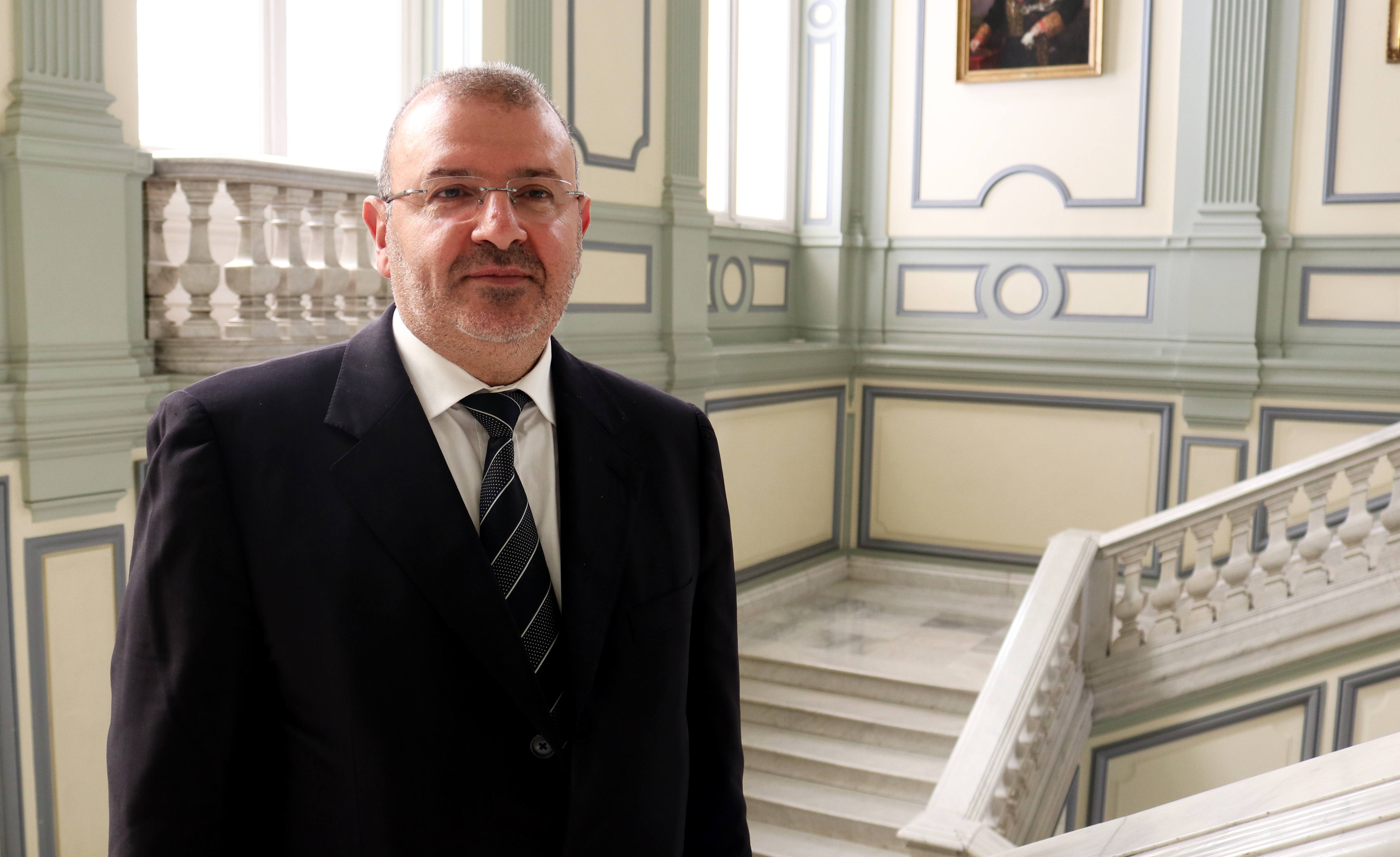-
04 August 2017
Category : Interview
“We are going to provide the judiciary with the autonomy it requires”
The Secretary-General of the Ministry of Justice of Morocco talks to us about democratic progress following enactment of the new constitution
 Abdelilah Lahkim Bennani, Secretary-General of the Ministry of Justice of Morocco
Abdelilah Lahkim Bennani, Secretary-General of the Ministry of Justice of MoroccoIn 2011 Morocco approved by referendum a new constitution which proposes a set of reforms aimed at modernising the state. The main reforms contemplated in the constitution include a reduction of monarchic powers, the creation of the figure of the president of the government, and freedom of religion. Additionally, in a speech given by Mohammed VI in which he presented the new legal text, the monarch expressed his commitment to making the Moroccan judiciary independent of the executive and legislative branches.
Six years after approval of the constitution, we meet with the Secretary General of Morocco’s Ministry of Justice, Abdelilah Lahkim Bennani, who visited Spain with the aim of learning about the Spanish experience in the area of justice and to use it as a possible reference in future applications of Moroccan legislation.
This visit took place within the framework of the MASAR, Democratic Governance in the Arab World project, a Spanish Cooperation programme in which FIIAPP participates. The objective of the project is to support democratic processes in nine Arab countries, of which Morocco is one, through the modernisation and strengthening of public institutions, such as the Ministry of Justice of Morocco.
Where is Morocco in terms of the independence of the judiciary?
We are in a new era with a new perspective, with new guarantees that are aimed at achieving the independence of the judiciary at institutional level, because the autonomy of justice was already indicated in the previous constitutions; we are talking today about institutional independence.
At constitutional level we have managed to promulgate modern law, it can be said that it is the phase of written laws, now is the time when we have the same success in implementation, and to do so we need to build correspondences with legal systems similar to our own.
What is the objective of this visit to Spain?
One of the objectives of this visit is to see the Spanish experience up close; in Morocco we are working to apply the civil laws of the judiciary following enactment of the new constitution and the appointment of the High Council of the Judiciary. Another objective is to make the Moroccan legal system compatible with European legal systems.
Following the application of the laws, we visited several countries to learn firsthand the specificities of each system. We should say that there is no perfect system, that each system has its own characteristics that address its different realities.
After this visit, what aspect of the Spanish legal system do you think you can apply in Morocco?
We have discovered many positive elements in the Spanish experience. For example, the level of transparency of the Transparency Portal of the General Council of the Judiciary. We also saw how the Council works hand in hand with the different judicial bodies; these mechanisms that are applied here can be applied in Morocco with adaptation.
The idea is that we are going to provide the judiciary with the autonomy it requires. But the executive branch will have its primary role in the management of the administrative services of the judiciary, so that this separation of powers that you have between the judicial and administrative branches is similar to the separation mentioned in our written laws.
This does not mean that we are going to copy the Spanish experience exactly, simply draw upon it.
How do you assess the work of international cooperation projects like the MASAR project?
Learning from the know-how of Spanish experts helps us to appreciate the level achieved by the Moroccan system. Often we discover that some options we have adopted spontaneously, without having used any foreign reference, actually coincide with the input of foreign experts.
These programmes are always beneficial, but Morocco’s pace of development is very rapid, and therefore we would like for the programmes to be updated continuously to adapt to the progress Morocco is making under its own steam.
The views and opinions expressed in this blog are the sole responsibility of the person who write them.






